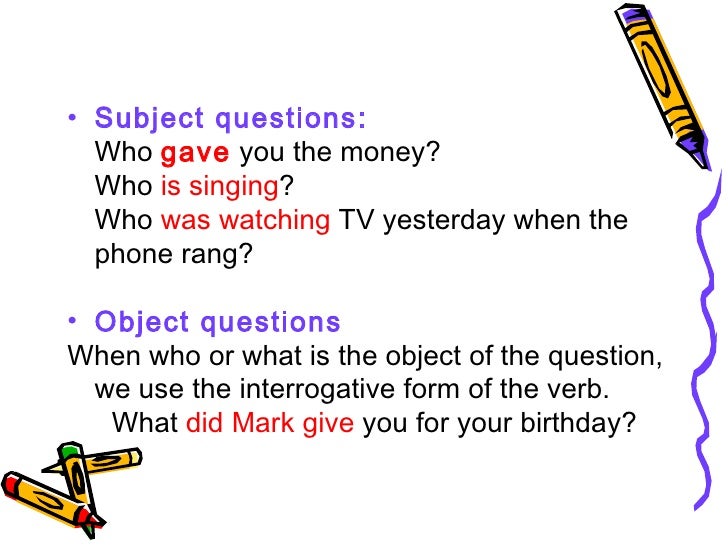- CAN : ability and permission in the present.
- COULD: ability and permission in the past.
- SHOULD: to give advice or opinion.
- MUST: to talk about a strong obligation.
- MUSTN'T: to say that something is prohibited.
- HAVE/ HAS TO: to talk about obligations.
- DON'T/DOESN'T HAVE TO: to talk about things that aren't necessary or obligatory.
Welcome to this blog. This is a really good tool for you to put in practise your oral and written skills. Take advantage of it and COMMENT ON EVERYTHING YOU WANT!!!
Showing posts with label GRAMMAR. Show all posts
Showing posts with label GRAMMAR. Show all posts
Sunday, 28 April 2019
MODAL VERBS
Sunday, 24 March 2019
Monday, 11 February 2019
Wednesday, 14 November 2018
Tuesday, 30 October 2018
Monday, 8 October 2018
Monday, 21 May 2018
Tuesday, 10 April 2018
Friday, 2 March 2018
Thursday, 15 February 2018
Tuesday, 9 January 2018
Wednesday, 29 November 2017
GRAMMAR
ADJECTIVES ENDING IN -ED and -ING
- Adjectives that end in "-ed" describe emotions.They tell us how people feel about something.
- Adjectives that end in "ing" describe the thing that causes the emotion.
Tuesday, 28 November 2017
Wednesday, 18 October 2017
RULES: modal verbs
We are reviewing "modal verbs": HAVE TO, MUST, CAN, COULD, SHOULD and OUGHT TO.
In our English class we have been
speaking about some rules in different countries about the age that young
people can get married, drive a car, ride a moped, get tattoos or a piercing, as well as things that young people must or mustn´t do at school or at home.
The task you have to do in your
blog is:
- Write the title of the entry:
RULES
- Choose one country: Spain, the UK or the USA.
- Write eight sentences using
modal verbs about some rules in the country you have chosen.
- Some of the topics can be: school, driving a car, riding a moped, calling teachers by their first names, sports......
Subscribe to:
Posts (Atom)











